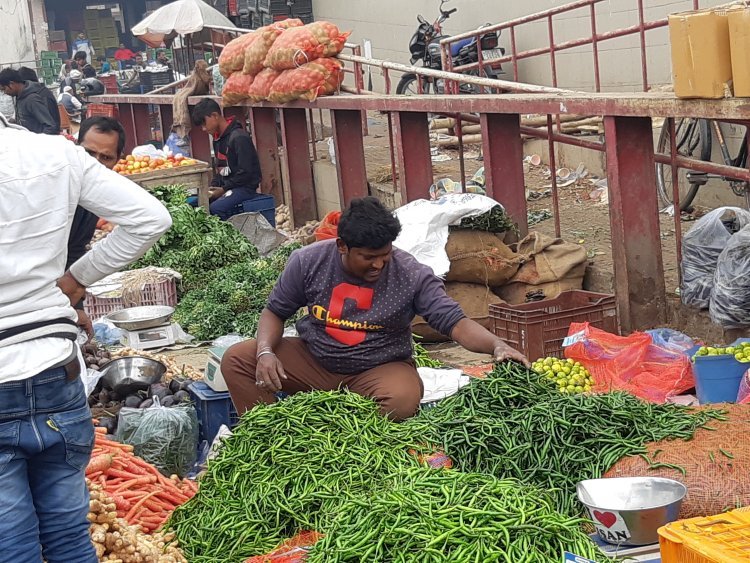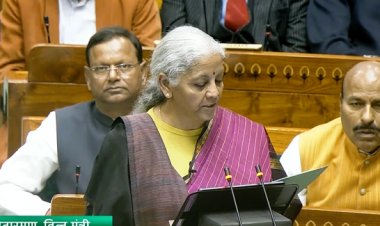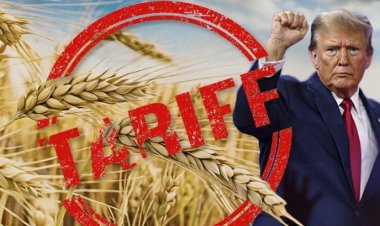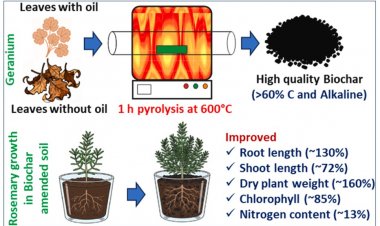RBI differs from govt on inflation, says external factors have less impact
A change of 1 per cent in overall global commodity prices leads to only a 0.02 per cent change in overall CPI inflation. On the other hand, a 1 per cent change in the overall WPI leads to a 0.26 per cent change in the overall CPI inflation.

The Centre may be claiming that a string of external factors — rising crude oil and commodity prices, the Russia-Ukraine war and resultant supply chain disruptions — is responsible for the skyrocketing inflation, but the Reserve Bank of India (RBI) thinks otherwise.
In its annual report issued on Friday, the RBI talks about a rare sensitivity analysis on inflation carried out by it. The analysis has shown that “the hardening of global commodity prices has a relatively moderate impact on CPI (Consumer Price Index) inflation relative to WPI (Wholesale Price Index) inflation.”
The sensitivity analysis reveals that a 1 per cent change in overall global commodity prices leads to only a 0.02 per cent change in overall CPI inflation. On the other hand, a 1 per cent change in the overall WPI leads to a 0.26 per cent change in the overall CPI inflation. At the same time, a 1 per cent change in overall global commodity prices leads to a 0.11 per cent change in WPI inflation.
This suggests that the WPI inflation has a greater rub-off effect on retail inflation than the international market. In other words, supply shortages, taxes and levies, and other local factors play a greater role in increasing prices in the retail market.
In April, the retail inflation rate registered 7.79 per cent, the highest ever in the Modi government’s tenure. The RBI’s mandate is to keep the retail inflation in the 2-6 per cent band, but it has constantly been above 6 per cent for the past four months. The WPI inflation too reached a record high of 15.08 per cent in April due to a rise in the prices of fruits and vegetables and commodities.
The RBI analysis says that the government failed to address the supply constraints, which has led to a constantly rising retail inflation. Edible items have the maximum weightage of 45.86 per cent in the CPI but only 24.4 per cent in WPI inflation. The weightage of manufactured products — 64.2 per cent — is the maximum in the latter.
It is worth noting that the Centre has persistently downplayed criticism about its role in tackling inflation and rather held external factors responsible for it. The government had prohibited wheat exports two weeks ago. On Thursday, Commerce minister Piyush Goyal rejected the IMF’s plea for a rollback of the ban on wheat exports and insisted it would stay until the crisis blew over. Interestingly, the government had never acknowledged until now that there was a wheat crisis. Agriculture Minister Narendra Singh Tomar said even on Friday that there was sufficient wheat available in the country.



 Join the RuralVoice whatsapp group
Join the RuralVoice whatsapp group









































